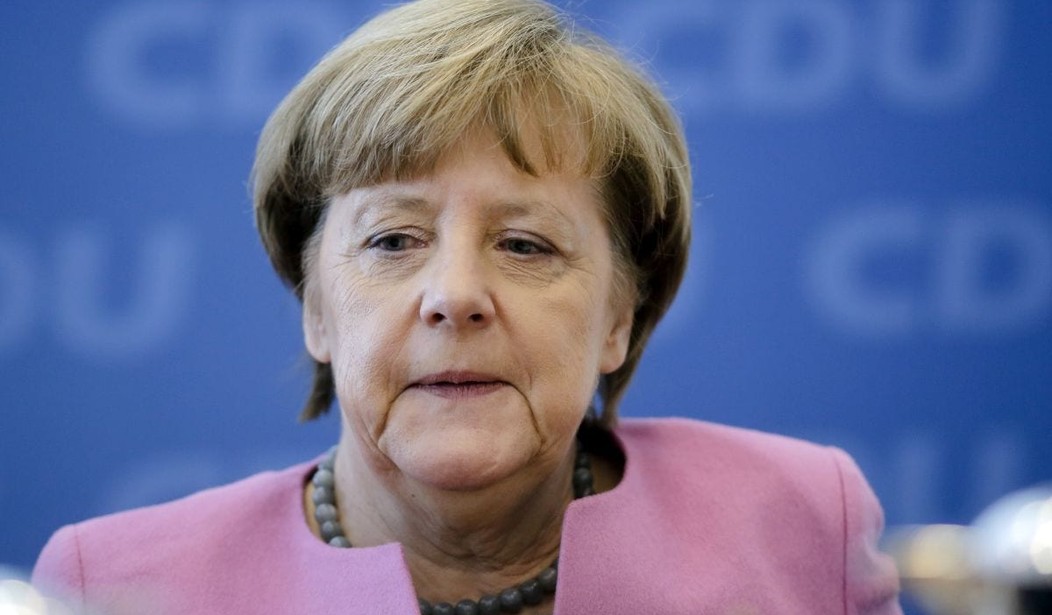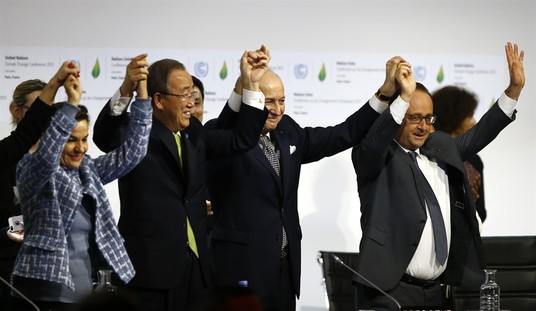A defiant Angela Merkel said in an interview that she “would make all of the important decisions of 2015 the same way again,” referring to her decision to open German borders to a million refugees.
The German chancellor is ahead comfortably in her re-election race, but her border policy has cost her politically. The anti-immigration Alternative for Germany party has gained considerable strength in the last year and could get 10% of the vote in the election on September 24.
Merkel’s poll numbers rebounded as the influx ebbed to 280,000 last year, restricted by border closures along the so-called Balkan route and a refugee accord between the EU and Turkey. Some 106,000 asylum seekers arrived in the first seven months of 2017, led by Syrians, Iraqis and Afghans, according to German Interior Ministry figures.
Support for Merkel’s Christian Democratic-led bloc declined 1 percentage point to 38 percent while her main opponent, the Social Democrats led by challenger Martin Schulz, also fell 1 point to 23 percent, according to a weekly Emnid poll for Bild am Sonntag newspaper.
At the same time, 51 percent of Germans would vote for Merkel if the chancellor were elected directly, compared with 22 percent for Schulz, according to the newspaper. That compares with a 39-38 percent edge for Merkel in January, when Schulz’s emergence as her main challenger gave the SPD a temporary poll boost.
The pro-business Free Democrats and the Alternative for Germany gained one point each in the weekly survey, polling 9 percent and 8 percent respectively, with the anti-capitalist Left party unchanged at 9 percent and the Greens declining 1 point to 7 percent.
Merkel, 63, has governed with the Social Democrats in a “grand coalition” for eight of her 12 years in office, including the last four. Surveys suggest the numbers may not add up on election day for a coalition with a smaller party such as the Free Democrats, her second-term partner. Emnid polled 1,979 people between Aug. 17 and Aug. 23. No margin or error was given.
As politically troublesome as the refugee issue has been for Merkel, her main opponent, Martin Schulz of the far-left Social Democratic Party, has been unable to take advantage. Schulz wants even more immigration, has called for the removal of U.S. nukes from Germany, and wants a greater distribution of wealth.
But the question of whether Merkel can win an outright majority of seats in the Bundestag remains open. The chancellor has already indicated she would not form a coalition with AfD but might take in the Free Democrats. But at this point, there is little doubt that she will be in the driver’s seat after the election.










Join the conversation as a VIP Member